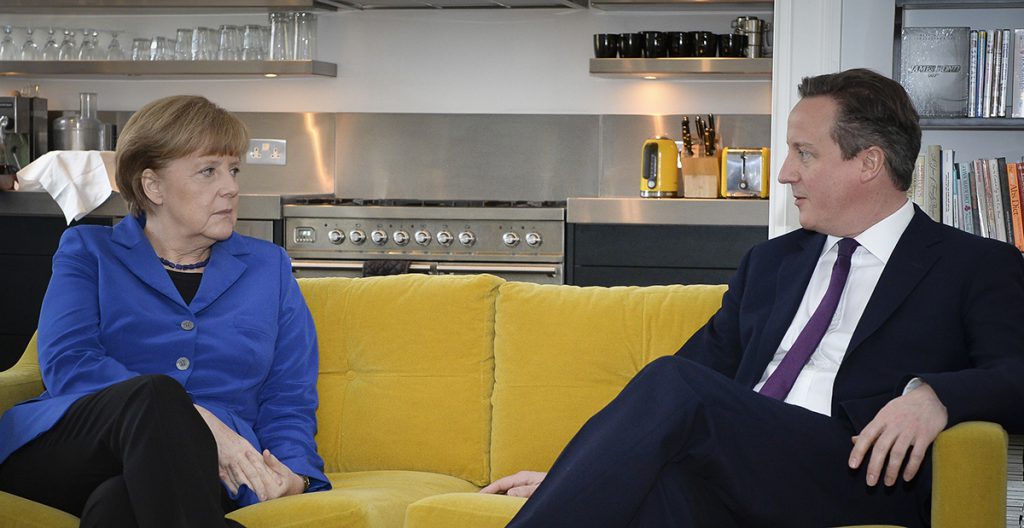There will not be a UK general election tomorrow, however much political pollsters prod voters to say how they would vote in one. But if there were, even the most optimistic Conservative would have to concede that Labour would win, and win easily. In reality, the contest is unlikely to take place for another year.
By then, this year’s conference season, in which the opposition has had the best of it, will be a distant memory. Indeed, research that compares parties’ “before and after conference” ratings over the course of nearly 70 years suggests that any bounce Liverpool might have given Labour will deflate far sooner than that.
None of this means that Labour leader Sir Keir Starmer shouldn’t have a spring in his step. As far as we can tell what constitutes “the fundamentals” when it comes to how people vote, they seem to point to a Labour victory — or at least a Conservative defeat. Starmer will be doing everything he can to ensure that he ends up at the helm of not just the largest party but a government with a decent majority — that, however, is by no means guaranteed.
On the upside for Labour, snail’s-pace economic growth and the cost of living crisis mean that, (if they ever really went away), bread-and-butter issues are back with a bang. And, on that score, things look dire for the government.
It’s not that Labour has an overwhelming lead when pollsters ask voters which party they think is best equipped to handle key issues. On the economy, for instance, it’s only ever in single figures, and driven mainly by the fact that, while only about a quarter of respondents name Labour, even fewer (generally around a fifth) plump for the Conservatives.
What helps Labour, however, is that some three-quarters of voters think the government is handling the issue badly. The NHS and even immigration show similar results.
It’s also personal. Starmer’s approval rating may stand at minus 12 but Sunak is on minus 40. In addition, the overwhelming majority of voters believe that the government is tired and at the mercy of events. And while two-thirds see the Tories as divided, fewer than a third say the same of Labour.
And yet, the difference in values between the UK’s graduate and non-graduate voters, a gulf that helped tip the Brexit referendum in 2016 and Boris Johnson to win comfortably in 2019, hasn’t gone away. Indeed, new research by Manchester university professor Rob Ford presented at the conferences suggests the values divide is still important — and presents as much of a challenge for Labour as it does for the Tories.
Voters who left school at 16 are more likely to think immigration is a problem and less likely to share Labour’s priorities on tackling climate change. They’re also more likely to be wary about any move on Starmer’s part to improve Britain’s relationship with the EU. As a result, Labour needs to tread cautiously, not least because those school-leavers make up a significant proportion of voters in the small-town constituencies it needs to take from the Tories to win a majority.
To do that, Labour needs a bigger swing than that achieved by Tony Blair in 1997’s Labour victory. So the party’s relatively unimpressive performance in local elections is also cause for concern. Set against that is Labour’s recent progress in Scotland and increasing evidence of anti-Tory tactical voting south of the border.
Yet the fact that support for independence is still running at 46 per cent suggests that, notwithstanding its big win in Rutherglen and Hamilton West’s by-election this month, Labour would do well to limit its ambitions to winning just 20-25 Scottish seats in the House of Commons.
So while it is hard right now to see how the Conservatives can keep Starmer out of Downing Street altogether, making it there with a comfortable (or even just a workable) majority remains a work in progress.
Originally published at https://www.ft.com/content/ace8b489-2550-4526-91a3-ee439aa33f53



